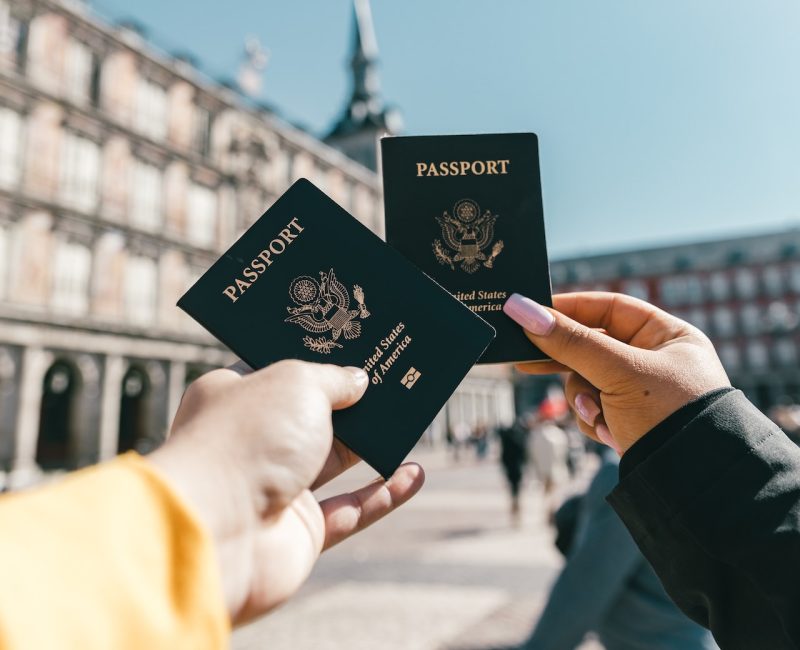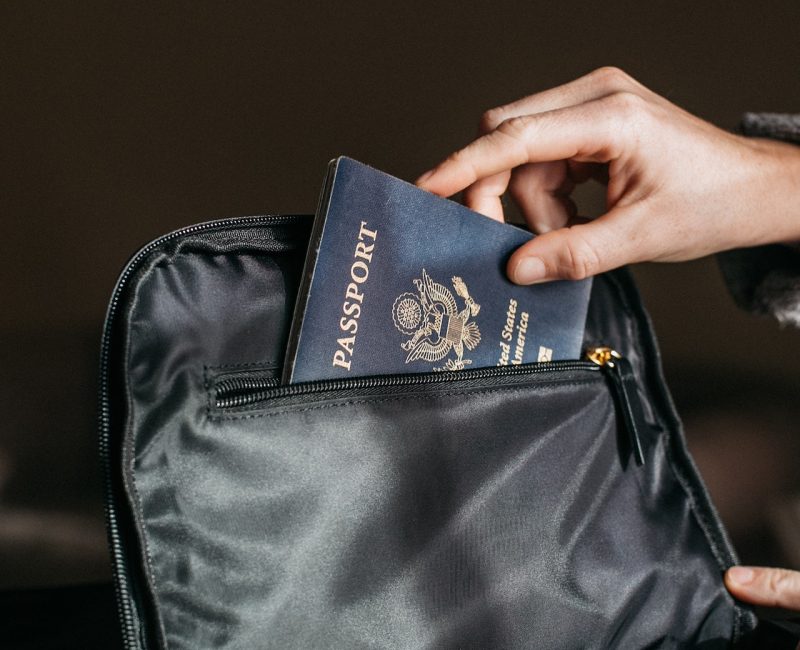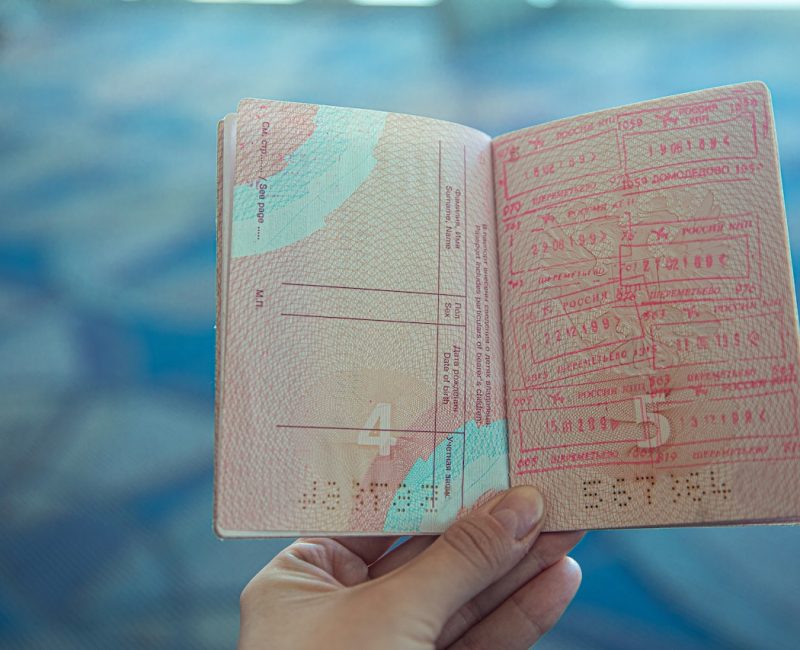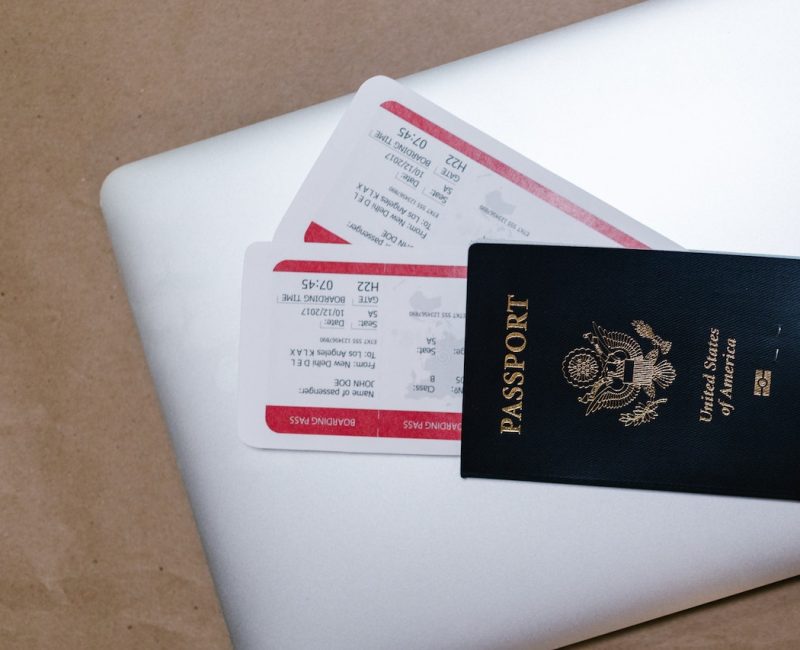
STUDY VISA
Student Visas for Study Abroad: Student Visas, as the name suggests are visas issued to applicants whose primary purpose of visit to a foreign country is for the pursuit of education. Needless to say, while getting admission to the university is extremely important, these legal documents stand in the way of all your pursuits. Every country is governed by its Immigration Laws. These could vary in terms of the requirements of documents to the different proof of funds acceptable to what all the visas would let you do apart from studying in the country. Also, some broad commonalities are visible in all student visa applications.
What is a Visa?
Simply put, a visa is an official travel document. The visa which is usually stamped or glued onto the passport of the bearer allows him to legally enter a foreign country. A visa can be of multiple types. To start with, there is a Tourist Visa for people looking to visit a country for tourism, there is a Student Visa for students looking to travel to a foreign country to pursue education and so on.


When should I apply for a Student Visa?
Studying abroad requires meticulous planning to say the least. Students are always advised to plan their admission/ application process keeping in mind university deadlines and working backwards. Students are required to appear for English eligibility tests as per the university policy and also have required documents in place for the smooth processing of their application. Hence, students are always advised to apply 1-3 months in advance to avoid any last-minute rush. Candidates seeking financial aid, scholarships and education loans should add another couple of extra months to the process as these applications take more time
What type of visa do I need?
Student Visas are often classified based on two broad distinction points
Student Visa Classification Based on Program Duration
Depending on the length of tenure of the programme the applicant is planning to undertake, the countries often divide the student visa into Short Term Student Visas or Long-term Student Visas. Often, short-term visas are given to students who plan to take a short course of a language or a diploma certificate course and the entire duration is often limited to 90 days (3 months). Long-term visas, on the other hand, are given to students who are planning to take up degree courses extending beyond the 3 months. These could include internships and small certificate programmes of 6 months and so on. European Union Countries often have this broad classification.

Student Visa Classification Based on Type of Programme/ Student
Irrespective of the duration of the course, some countries classify student visas basis the type of student. This could be the level of degree applied for (undergraduate, graduate or doctoral), exchange student or student applying for a vocational/ diploma course. Broadly speaking, as these visas also depend on the type, of course, the student is applying for, these are somewhat linked to tenure. However, in these categories, the first point of distinction is not how long the programme would be for. If you are, say, for instance, an exchange student, you could be going for 3 months or 3 years, the category would still be based on the type of student and not the tenure.
Valid Passport
This is the primary requisite. While you would need a valid passport, what you need to know is that for different countries, the requirement of the validity of your passport might vary. Some countries would want you to have the validity until the end of the course even at the time of applying for the student visa. Some, on the other hand, might let you apply but request you to have a validity that extends beyond the intended stay in the country. You also need to ensure that you have at least two blank pages in your passport for stamping a visa. What is important to note is that in case you have any expired passports, you would still have to submit a copy of all such passports.


Proof of a Bonafide Student
No matter which country you are applying to, if you are applying for any category of Student Visa, you must be able to prove that you are a bona fide student. This is often done by producing confirmation of admission with an educational institute in that country.
Financial Lucidity
Most countries would require you to prove that you are capable of not only taking care of the tuition and college expenses but also having the requisite funds to afford your stay in that country for the intended study period. While many countries have a stipulated amount of funds it would require, some have broader more extensive guidelines. For instance, many countries in Europe (like Germany, Netherlands, etc.) have a minimum living cost computed as per government standards. Students applying for student visas in these countries, accordingly, must provide proof that the said amount is available with them in ready cash. Read more about the Financial Documents Required for Study Abroad Applications.


Language Proficiency
Another thing which is required perhaps across various countries is proof that you can communicate in the language which would be your medium of instruction. Since most of the students plan to study in English-speaking countries, most of them would require you to provide proof that you can communicate in English - both written and verbal. This is usually done by a minimum score requirement for various English Language Tests like TOEFL, IELTS and/or PTE. Accordingly, if you plan to take up a course in any other language (say German for instance), you would be required to provide certification for that language per the CEFR Certified Levels.
It is important to note here that while universities might accept different any or either of the above-mentioned tests, for Visas, at times, the requirements are set. Hence, it is important that before a student writes an English Language Test, he/she checks whether or not the country's immigration department recognizes that test. Also, Visa Guidelines for different countries usually mandate a minimum score. While Universities might offer admission at a lower score, Visas would be rejected until the minimum standard is met.
The complete list would depend on the country you are applying to. While some countries would require medical proof, some might require a blocked account. Many countries also require an SOP. Provided below is the link for the individual country visa requirements and the process, visa fees and documents required.
Popular Scholarships for studying abroad
Gaining a quality education in top international universities is a dream for many aspirants, however, arranging funds can prove to be a major hurdle to realizing those dreams. To overcome this hindrance, many organizations, universities and governments give scholarships to talented students, so, they are not denied quality education. Below we have provided a list of top international scholarships which students can avail themselves to pursue higher education abroad.


What is the process for applying for a student visa?
The process for applying for a student visa begins with your university offering you a letter of acceptance. Students who have received their letter of acceptance are required to go ahead and begin their Visa Application Process. Candidates can apply for their visa via two methods:
Online Visa Application Process: the more convenient of the two, candidates can apply for their student visa through the online method by simply creating a student profile. The forms are all online and would have to be correctly filled by the student.
Offline Visa Application Process: the offline visa process would require candidates to download the application form, fill in the details and submit it to the required authorities.
The next step includes paying a Visa Application Fee. Every candidate would be required to pay a student visa fee for his application process. The final process would include the student submitting his application process along with their supporting documents.
Requirements for Visa Extension
A visa is issued for a specific time. If in case, your study permit expires before completion of your studies (program) then you need to apply for renewal of your study permit. Ideally, you should apply at least 30 days before your current permit expires. Candidates can submit their applications through mail or online.


